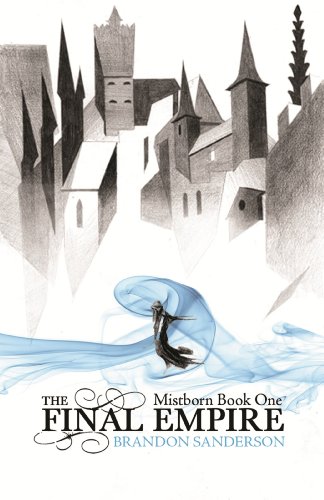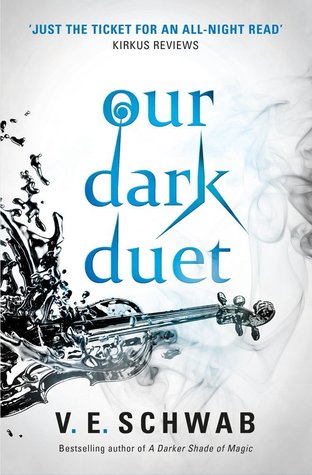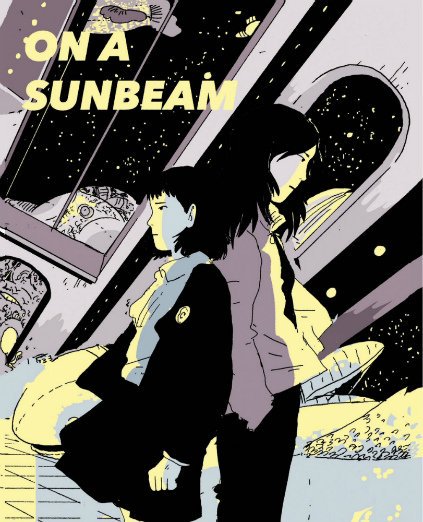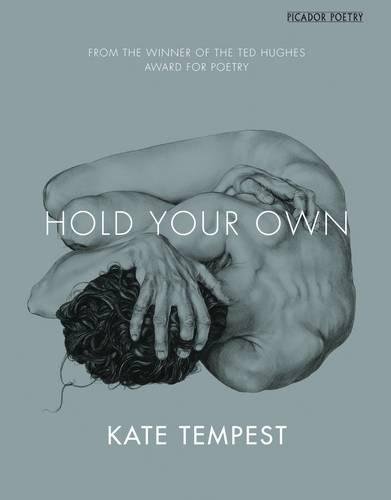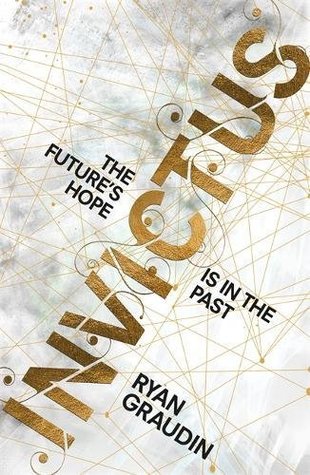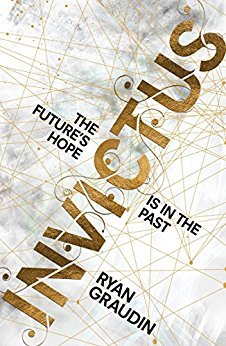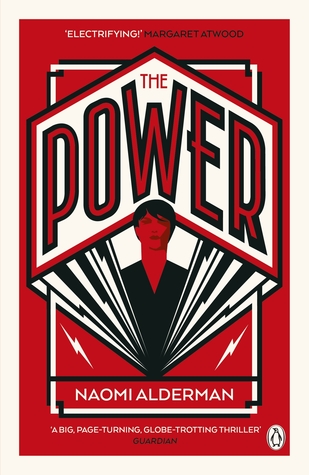Book Title: Tower of Dawn
Author: Sarah J. Maas
Series: Throne of Glass #6
Date Started: October 2rd 2017
Date Completed: October 9th 2017
Genres: Fantasy, Romance, Adventure
Quality Rating: Four Stars
Enjoyment Rating: Four Star
Final Rating: Four stars
Did Tower of Dawn need to be a separate book? No. Did it need to be over 600 pages? No. Was it enjoyable and worth it? Yes, but thanks to the new characters added to this insane Game of Thrones-size cast. Is it all going to be too much for the final book? Quite possibly, but I can hope.
Personally, I really would've rather Empire of Storms had been longer or cut into two smaller books, with everyone's stories running parallel. I understand that it might have been character overload with the multiple narratives in the previous book, but it felt like a lot of this was explaining how it paralleled to the events of EoS. As fascinating as learning about the Southern Continent and its people was, Tower of Dawn lacked the pace and relevance of the previous books in the series. I think coming off of Empire of Storms it was always going to be a hard job since that book is absolutely driven in every word to move the story on; we get here and there isn't the sense of anticipation and importance we've grown used to.
I have to say, I found the romance in this instalment incredibly dominating. It's always been a big aspect of the series, but it was getting in the way of the plot in this one. I appreciate the consideration that went into Chaol's feelings about past events and people, and the realistic ambivalence and his underlying self-criticism towards them, but that doesn't explain how he latches on so quickly to new people. There are some cases of instalove in this book, and while I don't hate the couples themselves, it feels like Sarah knew who she wanted together by the end by wanted them done and dusted as soon as possible. All the other pairings in this series have had at least two or three books to develop their feelings and relationships towards each other - and that's why we get behind them; because it feels like they're grown together, not stared across the room and started lusting other someone. But suddenly six weeks is enough for Chaol to be making serious commitments to new people.
The big uncertainty floating around this book is its representation of physical disability. I have yet to read any 'own voices' reviews, though I plan to, but from my admittedly lacking awareness I think it was done alright. Sarah treated the subject with respect and pushed through a positive and supportive commentary through her characters without it being patronising. The one thing I'd mark down was the fact that Chaol's injury was rather conveniently healed - far better than what a lot of writers would do, no one waved a magic wand and made it disappear with no trace it was ever there. But it has been considerably improved to make it easier on the story in the future.
It is a shame that this book is mostly carried by the new characters - but also not, because I really like the new additions to the cast. I'm not the world's biggest fan of Chaol, and Tower of Dawn definitely made me like him more at points, but there are still times he needs to get over himself. I appreciate his personality inclines to being self-critical and somewhat short-tempered, but he throws the blame and then sulks too much for me to get behind him as a protagonist
It's a good thing, then, that I adore Yrene. And that, really, this is more her story than his. I don't remember massively liking her in The Assassin and the Healer novella, but damn can I get behind a woman who is a peacemaker and healer, and is at times a little easy to manipulate, but is loyal and brave despite it. I'm so happy that Sarah is continuing to write such a great variety of female characters who all possess both feminine and masculine traits and aren't ashamed of either. We need kick-ass assassins, but we need strong hearted healers too.
While I have my issues with Tower of Dawn, I did enjoy it. To the point where I was reading it on buses and between meetings, and I'm not a fan of reading on public transport. Overall, I think it felt disjointed from the Throne of Glass story and I was constantly being distracted by the fact we were only following Chaol - just like I was constantly aware that he was absent while reading Empire of Storms. I certainly wouldn't skip it; it not only has plot points that you'll need going forward, but it is genuine fun - I couldn't put it down most of the time. I just didn't enjoy it as much as I would have had it been part of the main story.
Side note (spoilers): Everything was worth it for the epilogue. I needed at least a little closure on Aelin in that coffin. Even though I'm mad I have to wait a year to see what they're going to do with her.


